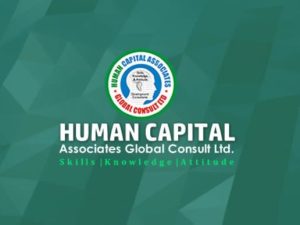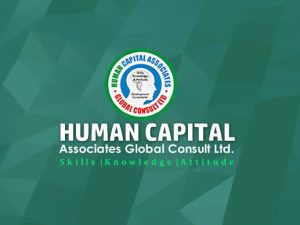Workshop on Cost of Poor Quality and Waste Reduction Techniques
February 14 – 16, 2024, 1st Run: Lagos & Abuja
August 14 – 16, 2024, 2nd Run: Lagos & Port Harcourt
For Tutor -Led Class: 9am – 4:30pm
Workshop fee: N170, 000 per Participant
For online: Delivery via Zoom
Online course fee: N150, 000 per Participant
Available for In-plant Training
Program overview:
Figuring out what poor quality really costs, and fixing the problems, can save a company millions of naira and customer goodwill. Quality-related costs are determined by adding up the costs of internal failures, external failures, testing and other appraisal expenses, and preventive actions.
Cost of poor quality is defined as costs that would disappear if systems, processes, people and products were perfect.
Waste Reduction Techniques or Opportunities will provide a compilation of waste reduction ideas that can reduce costs and improve customer satisfaction and company image. It will also prevent the pollution of our environment, and in many cases maintain a safe workplace and lead to increase in our bottom line.
For whom:
This program is designed for Operators, Team Leaders, Coordinators, Operatives, Technicians, procurement and store operators. Engineers and other employees who are involved operations and production processes as well as quality control personnel, inspectors, testing personnel, or those interested in cost or profit center or quality improvement functions can also benefit from this program.
Learning objectives:
At the end of the workshop, participants will be able to:
- develop understanding of quality processes to produce quality products;
- explain the importance of reducing waste in our production processes;
- examine the effect of poor quality products on company’s growth;
- develop the right attitudes towards their job processes; and
- evaluate the usefulness of working together as a team in reducing wastage and poor-quality products.
Course outline:
Day 1: General overview of cost of poor quality:
- TQM,
- Profitability
- Right Attitudes needed to achieve
organizational goals
Day 2: Waste Reduction Techniques
- Machine utilization
- Team Working (Internal Customers)
to produce quality products
- The use and handling of
quality materials – testing procedures
Day 3: Operations/Productivity Improvement Techniques
- quality inspection,
- Quality Audits,
- Quality Circle, etc.
Training Methodology
Lectures, discussions, exercises, case studies, audio-visual aids will be used to reinforce these teaching/learning methods.
Related Courses





